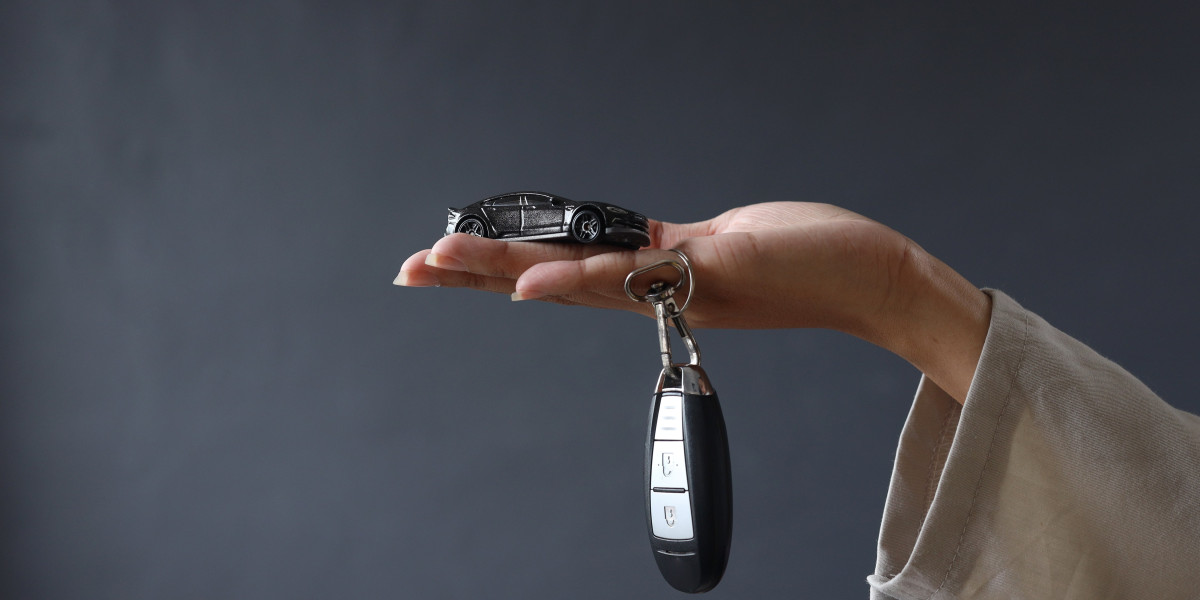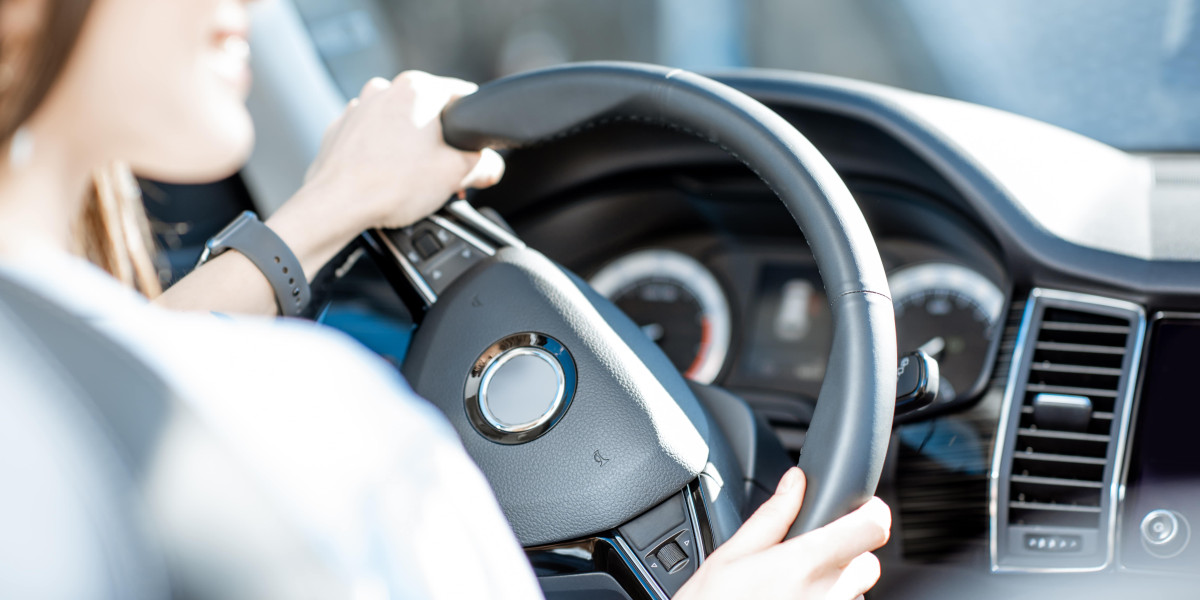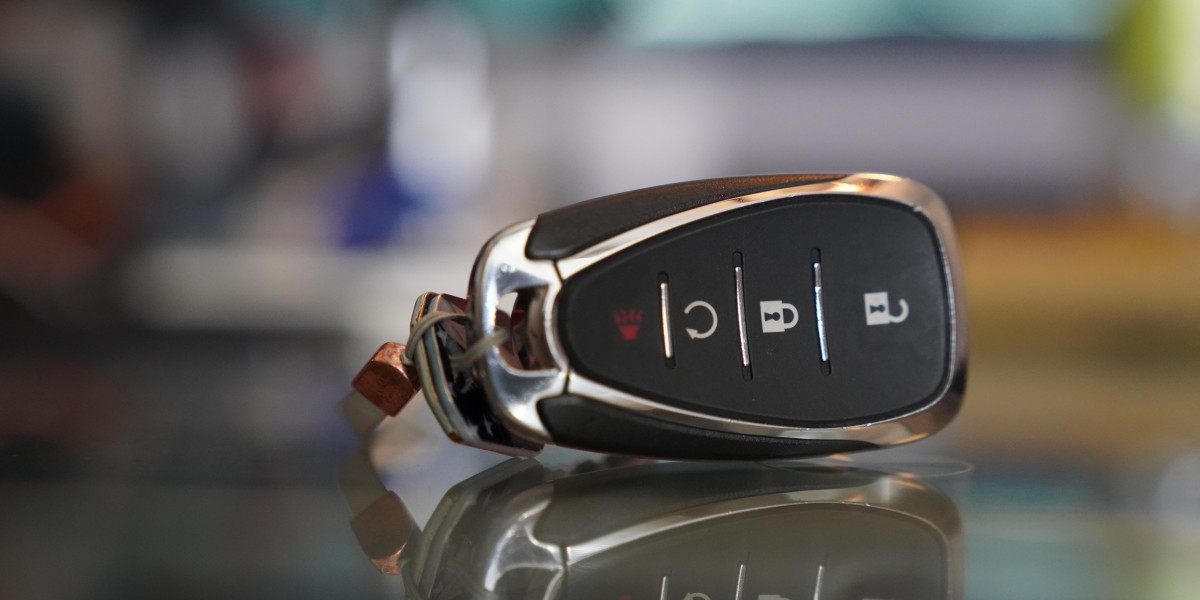Understanding Car Replacement Keys: A Comprehensive Guide
When owning a car, among the most discouraging occurrences can be losing or harming your keys. The prospect of a car replacement key can be difficult, specifically provided the improvements in automotive innovation. This extensive guide will dive into the intricacies of car replacement keys, covering types, expenses, and frequently asked concerns, to assist chauffeurs make notified options.
Types of Car Keys
To understand the procedure of car key replacement, it's vital to acknowledge the numerous kinds of car keys offered today. Each type has different expenses and methods for replacement. Below is a take a look at the most typical key types:

| Key Type | Description | Replacement Method |
|---|---|---|
| Standard Key | Mechanical key without any electronic elements. | Can be quickly duplicated at a locksmith professional or hardware store. |
| Transponder Key | Key with a chip that interacts with the car's ignition system. | Needs professional programming at a car dealership or locksmith. |
| Smart Key | Keyless entry system frequently utilized in modern vehicles, which can begin the car with the push of a button. | Replacement is typically done through the dealer and can be costly. |
| Remote Key Fob | Key that consists of a push-button control for lock/unlock performance. | Can be replaced through dealers or aftermarket choices, should be programmed. |
| Keyless Entry System | Advanced system permitting entry and ignition without a physical key. | Replacement typically needs a dealer or specialized locksmith professional. |
The Process of Getting a Replacement Key
Replacing a car locksmith key replacement key usually involves a number of steps, depending on the type of key. Here's a general overview of what to expect:
Determine the Key Type: Identify which kind of key your car utilizes. This information can typically be found in the vehicle's manual.
Collect Required Information: Before contacting a locksmith professional or car dealership, compile needed details such as:
- Vehicle Identification Number (VIN)
- Make, model, and year of the vehicle
- Proof of ownership (title or registration)
Contact a Professional: Depending on the key type, reach out to your dealership or a locksmith focusing on automotive keys.
Setting the Key: Some keys, especially transponder and wise keys, require shows to sync with your vehicle's ignition. This step is essential for functionality.
Test the New Key: After getting the replacement key, test it in all relevant functions, including beginning the car and utilizing remote functions.
Expense of Replacement Keys
The expense of replacing a car key can vary considerably based on the kind of key and where you select to get it replaced. Below is a rough quote of costs connected with each key type:
| Key Type | Estimated Replacement Cost |
|---|---|
| Conventional Key | ₤ 2 - ₤ 10 |
| Transponder Key | ₤ 50 - ₤ 200 |
| Smart Key | ₤ 200 - ₤ 600 |
| Remote Key Fob | ₤ 50 - ₤ 300 |
| Keyless Entry System | ₤ 300 - ₤ 800 |
Note: These expenses may vary based upon place and whether the service is performed by a car dealership or a locksmith.
Frequently Asked Questions about Car Replacement Keys
1. Can I replace my car key myself?
While it is possible to replace some traditional keys yourself, advanced keys with chips (transponder or smart keys) require unique shows that normally can just be done by a dealership or an experienced locksmith.
2. For how long does it take to get a replacement key?
The time it takes to get a replacement key can differ based upon the kind of key and where it is replaced. Conventional keys can often be duplicated in minutes, while transponder and smart keys may take longer, potentially several hours, specifically if they need to be ordered from the dealership.
3. Will my car's alarm be impacted after changing my key?
In many cases, changing a key, particularly one with a chip, will not affect your vehicle's alarm. Nevertheless, if you alter to a key that is not properly programmed for your car, it might not work properly with the alarm.
4. Is it safe to purchase aftermarket keys?
Aftermarket keys can be a cost-effective option however included threats. They may not constantly work with your vehicle, causing functionality issues. Constantly inspect reviews and speak with an expert if unsure.
5. What should I do if my key gets lost?
If your key is lost, it is essential to act quickly. Depending on your key type, call a locksmith professional or your dealership to discuss replacement choices. It is also suggested to reprogram your car's system to prevent unapproved access.
Preventing Future Key Loss
Maintaining a spare key and executing preventive procedures can help avoid the frustration of losing or damaging a car key. Here are some suggestions for securing your keys:
- Keep a Spare: Always have a backup key saved in a safe place. Consider using a magnetic key holder outside your vehicle.
- Attach a Key Finder: Use a Bluetooth tracker on your keychain that signals your phone if you lose it.
- Designate a Spot: Create a constant area in your home for keeping your keys when they're not in use.
Understanding the types of car keys, the replacement procedure, and associated expenses can save motorists from stress and monetary strain in case of a lost or harmed key. With a little proactive planning and knowledge, car owners can ensure they are gotten ready for any situation. Always consult a professional when in doubt, and consider preventive procedures to lessen future headaches.








